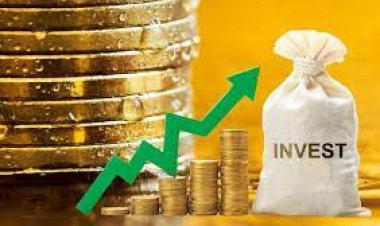Non-oil PMI rose in Egypt, Qatar and UAE.. The details
Egypt's PMI remained in negative territory in May but showed more hope that the current economic headwinds are starting to dissipate.
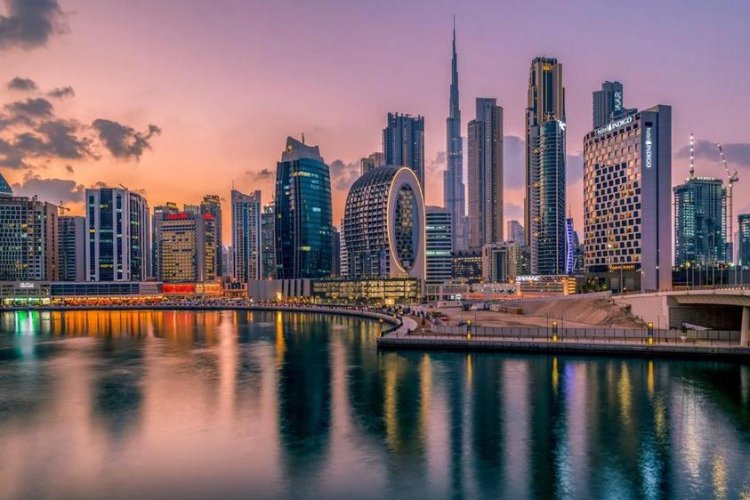
Non-oil PMI grew witness growth in may in Egypt, Qatar and UAE, this appears from the report which S&P Global published.
The non-oil PMI for Egypt rose to 47.8
Expectations for the growth of the non-oil private sector in Egypt witnessed the lowest decline in 15 months as efforts to stabilize the demand environment paid off.
While it remained below the 50 mark, the country's purchasing managers' index rose for the second month in a row, from 47.3 in April to 47.8 in May.
Despite the negative effects of price hikes on sales, production and purchases, companies indicated that inflationary pressures are gradually easing.
Egypt's PMI remained in negative territory in May but showed more hope that the current economic headwinds are starting to dissipate.
The main index rose for the second consecutive month to 47.8, while the two main sub-indices of output and new orders rose to their highest levels in 17 and 7 months, respectively.
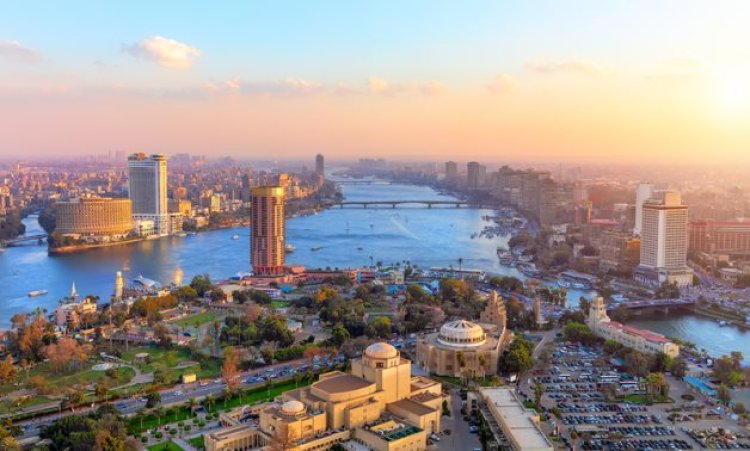
Qatar's non-oil PMI grew for the sixth time in 7 months
Qatar showed another improvement in its non-energy growth for the sixth time in seven months, according to a S&P Global report.
The purchasing managers' index came in at 55.6 in May from 54.4 in April, and the country recorded the biggest improvement in business conditions since July last year.
The PMI increase was mainly driven by higher output and new orders, while employment and stocks of purchases also played a role.
“Qatar’s non-energy private sector remained on an upward growth trajectory in May, with new business inflows accelerating in part due to tourism and demand for financial services,” said Yousef Al Jaidah, CEO of the Qatar Financial Center Authority.
He added, "The sub-indices of output (59.6) and new orders (60.1) boosted the headline PMI to a 10-month high of 55.6, well above the long-term trend level since 2017 at 52.3."
Al-Jaidah further indicated that financial services remained at the forefront in terms of performance. These companies also increased their fees, compared to little change in the rest of the non-oil sector.
The report indicated that the purchase price inflation rate rose to its highest level in nearly two years, indicating that the increase in demand for production requirements is reflected in prices.
“Supply chains were able to cope with the increased demand, as lead times to inputs decreased further during the month,” Al Jaidah said.
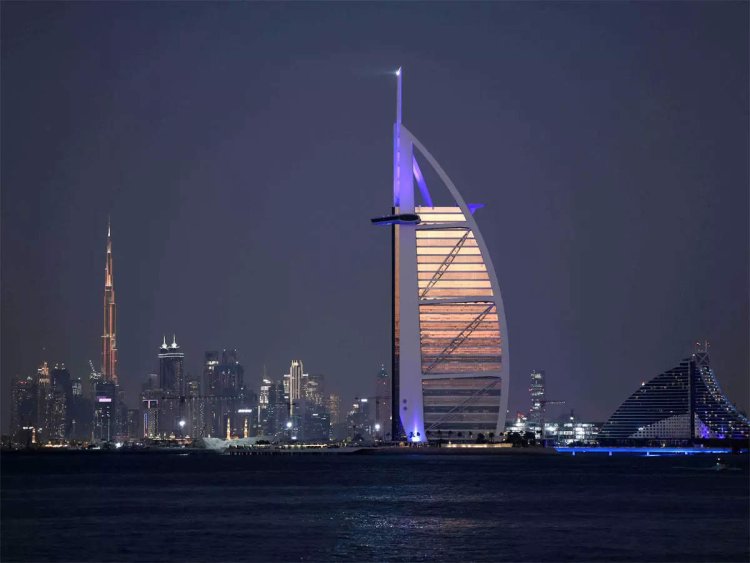
UAE's non-oil private sector
Growth expectations for the UAE's non-oil private sector remained positive in May, even as the seasonally adjusted S&P Global Purchasing Managers' Index fell to 55.5 from 56.6 in April.
The S&P Global report indicated that improved operating conditions pushed business confidence to its strongest levels since October 2021.
According to the index, PMI readings above 50 indicate growth for the non-oil private sector, while PMI readings below 50 indicate contraction.
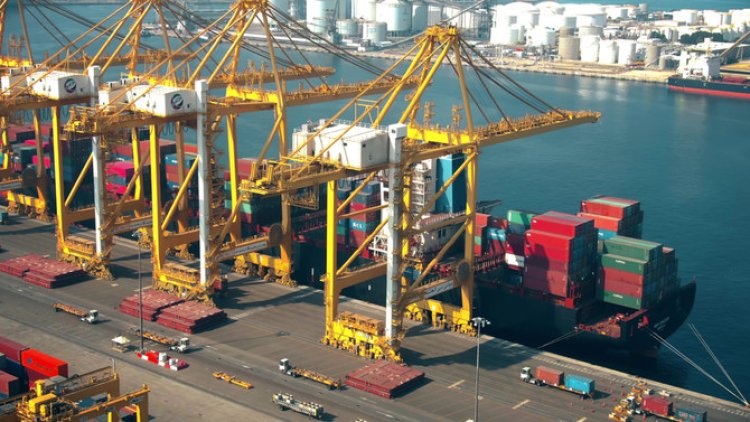
"The UAE PMI pointed to another strong performance across the non-oil sector in the middle of the second quarter of 2023. And despite retreating from April's six-month high of 56.6, the latest key reading of 55.5 points to a strong improvement in business conditions" said David Owen, chief economist at S&P Global Market Intelligence.
He added: "The future output index showed a rise in optimism to the highest level since October 2021, with companies hanging their hopes on expectations of a continuation of strong demand."


 Shrouq
Shrouq 









